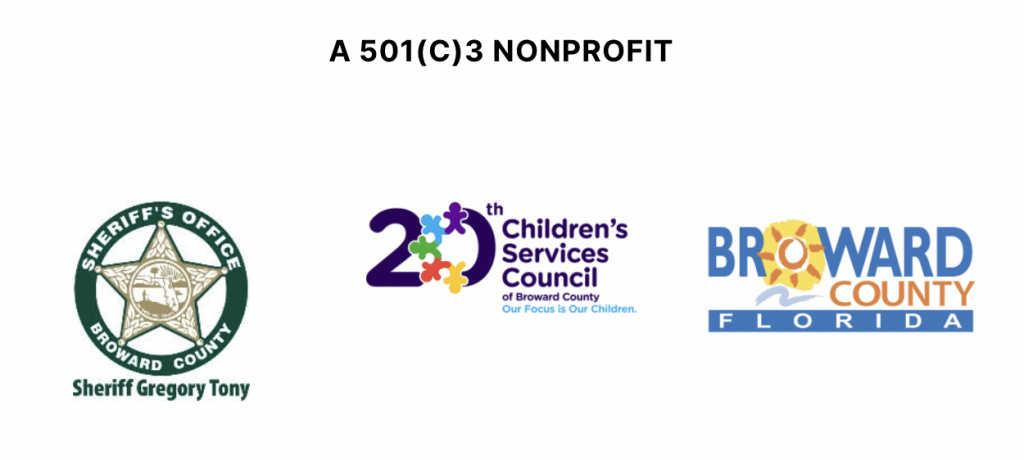
Knowing yourself, your bias, and how you perceive the world is an important part of developing your emotional intelligence. You may not think about it often, but everything you experience in life is filtered through different layers of thought and belief.
Think about what it might be like to experience your environment through a pair of glasses several lenses thick. Light will reflect off the surfaces of everything around you before passing through the glasses and reaching your eyes.
Some of these lenses may be clear and smooth allowing the light to pass through without much distortion. Other lenses may be warped or tainted – scattering, magnifying, discoloring or blurring the image.
Each experience that we collect in life adds another lens, and no two people have collected the same set. Our unique filters based on experience are what create our environmental perception. Sometimes we inadvertently add a lens that prevents us from seeing the world and other people as they truly are.
The development of anger, confusion, anxiety, and various neuroses are common if those defective lenses are not replaced. The good news is that it’s never too late to begin identifying which lenses need a little bit of maintenance.
Here are six warped lenses that you should be aware of which can distort your perception of reality:
The sunk-cost fallacy
If you have put a lot of time and emotional energy into a relationship, it can be difficult to let it go. This holds true even if it is harmful or causing you pain. You may believe that since you have already invested so much of yourself, you should continue to do so in the hopes that things will get better.
If you are in a relationship that is toxic or harmful in any way, be honest with yourself to determine if it can be fixed. If not, it may be time to let it go.
The Barnum Effect
Humans have an amazing ability to “read between the lines” and fill in gaps of information. It is an incredibly useful talent because it allows us to function in a complex world without always having access to a complete set of data.
However, it is also the source of many misunderstandings. Your mind is going to try and make connections in any way that it can to make sense of incomplete information. Vague comments or generic statements can be interpreted as being more personal and specific to you than they are.
Passing comments which may not involve you can appear to be focused directly on you. Challenge this feeling by examining whether you are filling in your gaps of information and perhaps reading too much between the lines.
Self-serving bias
This is a cognitive bias where you may be quick to attribute personal success to your efforts and talents while blaming personal failures on the actions of others. This is a “heads I win, tails you lose” mentality. It can’t be both ways.
Keeping an honest assessment of how others have helped you achieve success while taking responsibility for your actions is critically important.
It may be hard to admit your mistakes but taking responsibility for your actions and decisions will hand control of your life back to you.
Groupthink
Sometimes it is easier to go along to get along rather than challenge established group dynamics. It can be extremely uncomfortable, or even detrimental to your social standing or livelihood to do so.
Groupthink prevents you from thinking critically as an individual and voicing your thoughts, ideas, or concerns.
Try to engage in reasoned, kind, and rational discussions with people you may disagree with. Try to not take criticism of your ideas as a personal attack, but rather as an opportunity to learn something new.
Confirmation bias
People tend to want to be right. We don’t like it when we find out that a belief we hold may be incorrect, so we are always on the lookout for evidence to support it.
If you look hard enough for that evidence, you can find it anywhere even if you have to fabricate it. It is this ability to lie to ourselves that makes this bias so damaging.
Allow your beliefs to be challenged by new ideas. Sometimes they will hold up under scrutiny, other times they won’t. This is how we learn new things and grow as individuals.
The Dunning-Kruger Effect
This is an interesting phenomenon where a person who is inexperienced in an industry or area of study will feel more confident than someone who is an expert in that field.
As strange as that sounds, it makes a lot of sense. The more you learn about something, the more you realize how much more you don’t know. You begin to see the scope of it for what it is and begin to feel intimidated at how little you may know about the total body of knowledge in that area.
This leads you to incorrectly conclude that you are less competent than you are. Conversely, it gives inexperienced people a false sense of expertise because they are unaware of how much they don’t know.
Practice humility in everything that you do. Be open to learning new things and keep a healthy and accurate perspective of your accomplishments.
Final Thoughts
There is much more to bias and cognitive distortions other than what we have just discussed, but we hope these should get you thinking more about how your past experiences are influencing your day-to-day interactions. Let us know what you would like to learn more about in a future article by leaving a comment!
Have an amazing week, and thank you for reading!
Citations:
Arkes, Hal, and Catherine Blumer. Organizational Behavior and Human Decision Processes. 1st ed., vol. 35, ScienceDirect, 1985, doi:10.1016/0749-5978(85)90049-4.
“Barnum Effect.” Oxford Reference, www.oxfordreference.com/view/10.1093/oi/authority.20110810104425651. Accessed 21 Oct. 2021.
“Confirmation Bias.” ScienceDaily, 2021, www.sciencedaily.com/terms/confirmation_bias.htm.
“Dunning-Kruger Effect.” Psychology Today, 2021, www.psychologytoday.com/us/basics/dunning-kruger-effect.
“Groupthink.” Psychology Today, 2021, www.psychologytoday.com/us/basics/groupthink.
Ruhl, Charlotte. “Self-Serving Bias: Definition and Examples | Simply Psychology.” Simnple Psychology, 19 Apr. 2021, www.simplypsychology.org/self-serving-bias.html.
Read these other interesting related articles from the Healing Arts blog:


No responses yet